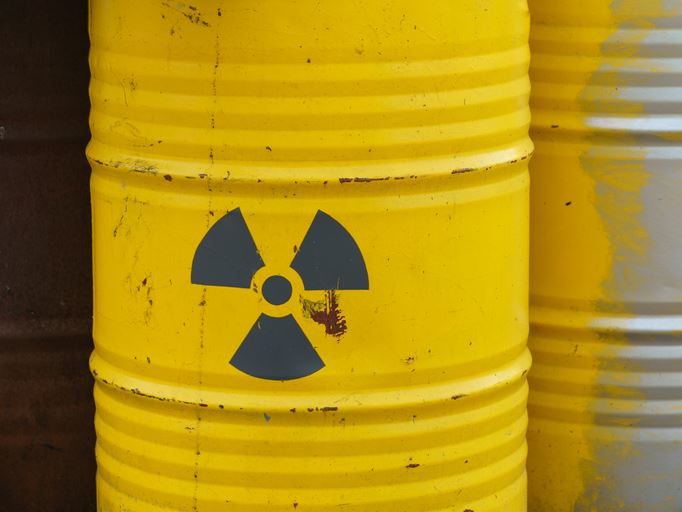Officially known as the Promise to Address Comprehensive Toxics Act, this groundbreaking legislation expands VA benefits and health care for veterans who were exposed to burn pits, Agent Orange, and other toxic substances. The PACT Act is arguably the most extensive expansion in veterans' disability benefits in decades.
The term PACT ACT can mean many different things in terms of expanding Veterans’ disability benefits and access to healthcare. The PACT ACT was signed into law to acknowledge and address the health issues faced by veterans exposed to hazardous substances during their service.
This expansion comes in the form of new ways and theories to prove service-connection for specific medical conditions and adds several medical conditions to the list of disabilities the VA considers presumptive.
What Medical Conditions Does It Cover Concerning Toxic Exposure?
When discussing the PACT ACT, it is important to address what the act is trying to achieve. Concerning service-connection, the PACT ACT may apply depending on when and where a Veteran served during their time in service.
A presumptive disability is one that the VA will automatically consider to be service-connected if a Veteran has specific medical diagnoses and has served in a particular location and time period.
The PACT ACT covers multiple service eras, including the Gulf War and the Vietnam War. Concerning the Gulf War, this was one of the largest areas of toxic exposure expansion in terms of newly added presumptive medical conditions.
For service-connected disabilities, the PACT Act adds the following medical conditions to Gulf War-related service-connected presumptive disabilities. Remember that you do not have to have been diagnosed during service for these conditions to be service-connected.
Qualifying conditions may include:
- COPD
- Bronchitis
- Asthma
- Sinusitis
- Rhinitis
- Emphysema
- Bronchiolitis
- Granulomatous Disease
- Interstitial Lung Disease
- Pleuritis
- Pulmonary Fibrosis
- Sarcoidosis
- Various types of Cancers
Concerning the Vietnam War era, while there were already several conditions listed as presumptive, the PACT ACT added two conditions, expanding the presumptive list to now include all of the following medical conditions:
- High blood pressure (also called hypertension)
- Monoclonal gammopathy of undetermined significance (MGUS)
- AL amyloidosis
- Chloracne (or other types of acneiform disease like it)
- Diabetes mellitus type 2
- High blood pressure (hypertension)
- Hypothyroidism
- Ischemic heart disease
- Parkinsonism
- Parkinson’s disease
- Peripheral neuropathy, early onset
- Porphyria cutanea tarda
This means veterans suffering from specific health issues that are scientifically linked to toxic exposures will now have easier access to disability compensation. Additionally, the Act mandates a more robust and systemic approach to screening and healthcare provision for all veterans, ensuring that those affected by toxic exposures receive the care they need.
When dealing with PACT ACT claims, it is crucial to have a clear diagnosis of your medical condition that could be linked to toxic exposure. It is important to remember that other conditions can be claimed under the PACT ACT toxic exposure theory. While the above conditions are presumptive, there are many other conditions where an argument for toxic exposure theory can be made, including hypertension, sleep apnea, and other conditions.
Navigating the VA Disability Claims Process
The journey to securing VA Disability Benefits begins with filing a claim. This process can be daunting, but a step-by-step guide can help veterans submit their disability claims to the VA with confidence. It can be essential to consult with an attorney from the beginning of the process, even when filing claims. From gathering medical records to completing the necessary forms, each step is crucial in building a strong case for benefits. The initial submission is just the beginning, and veterans should be prepared for what comes next, including potential requests for additional information or examinations.
If a claim is denied, veterans have the right to enter the appeals process. This can be a complex and lengthy procedure, but understanding the steps involved can empower veterans to advocate for themselves effectively. In many cases, securing legal representation can make a significant difference.
For veterans in Atlanta, GA, and the surrounding areas, Affleck & Gordon offers comprehensive legal services tailored to the unique needs of those navigating the VA Disability Claims process. Whether you are just beginning to explore your eligibility or you are facing the complexities of an appeal, our experienced attorneys are here to help.
Contact us today to learn how we can assist you in securing the benefits you have earned through your service to our country.
ur country.


